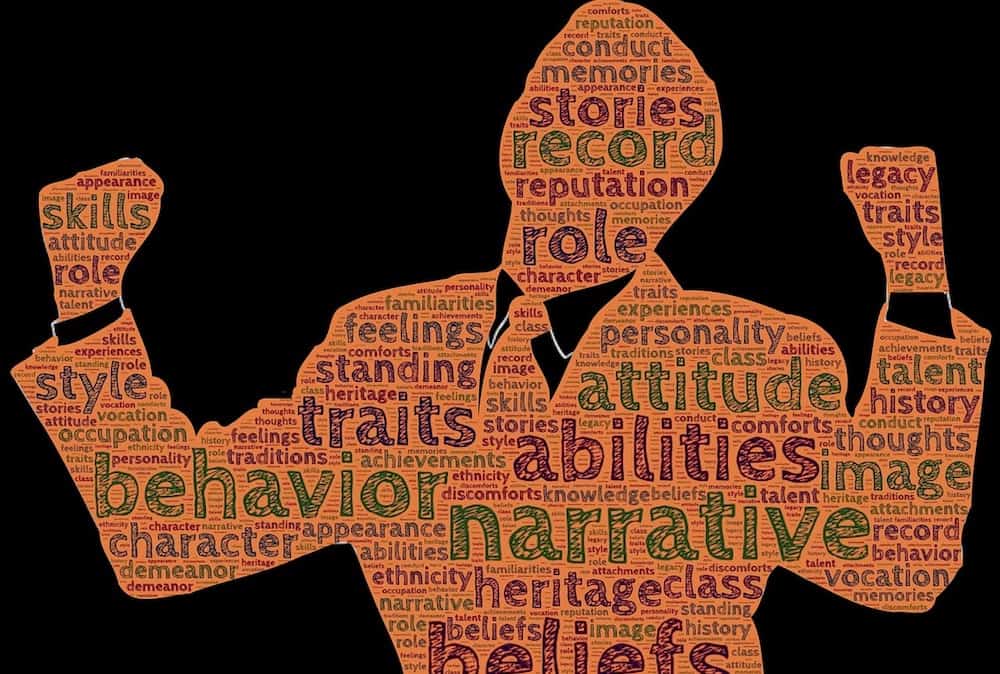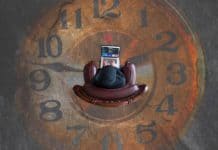
Identity politics is arguably why voters on both sides of the spectrum have become so divisive—and why it can be difficult to organize events with attendees who have differing viewpoints.
But it’s the science behind group identity that meeting planners should investigate further. On a recent episode of “The Ezra Klein Show,” Klein interviews Lilliana Mason about her book, “Uncivil Agreement: How Politics Became Our Identity.” The book discusses the history behind identity politics and how voters started to associate party affiliation with all of their beliefs regarding ideology, race, religion, gender, sexuality and more. While this sounds like your typical political podcast, it goes beyond that and investigates the group mentality, highlighting research that shows how identifying with one group can alter your beliefs and reality as you know it.
One of the most extreme examples that Mason shares is a study she refers to as the Robbers Cave experiment, conducted in Oklahoma in 1954. The experiment studies 24 fifth-grade boys, who are as socially and psychologically similar as possible in an effort to control different variables. In that first week, the boys are split up into two groups and don’t know of the other group’s existence. The second week, they are told about the other group of boys, and their reaction is that they want to compete immediately and they start calling the other group derogatory names, without even having met them yet.
They compete over a trophy, and the psychologists manipulate the scores so that the competition is as even as possible. As the week goes on, the boys are told the competition is really close. Then, the boys start making up conspiracies against each other. One group of boys thinks that the other group leaves garbage at their camp, forgetting it was their own garbage from the day before. It gets so bad that they start throwing rocks at each other and physically hurting each other to the point where the camp counselors have to separate them.
The lesson: The tendency to sort by group and associate with your group can be activated by very little and doesn’t necessarily require high stakes. In the case of the boys, it was simply a trophy. The psychology behind this reveals a very interesting take on not only identity politics, but also on group behavior in general. It’s certainly something to consider when planning events with people of varying backgrounds. Even simply coming from different companies can create a bias that can be difficult to predict.
Click here to listen to the podcast and learn more about group mentality, and please comment below if you have any tips on how to handle divisive groups at events.














